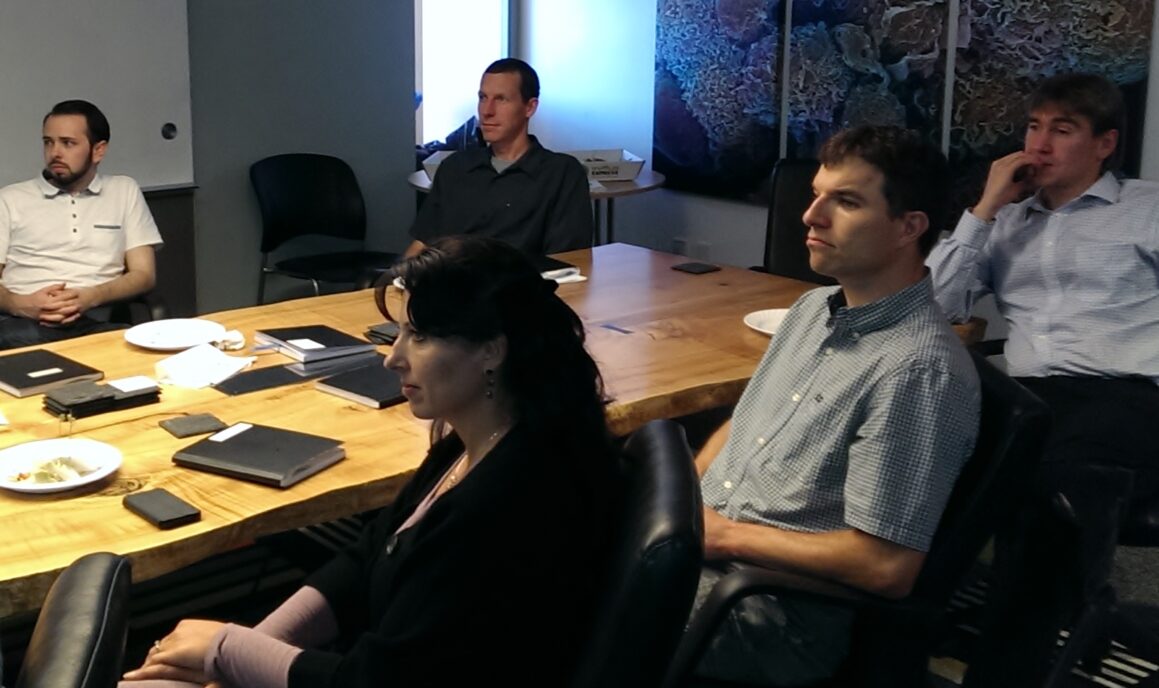
Program Kickoff Considerations
10 quick tips for an effective start
OK… proposals have been reviewed, outsource company selected, and contracts signed.—I know, it is never that easy.
So, now it is time to get started, right? Everyone is excited and time is of the essence for the anticipated program completion.
In order to stay on track with time, budget and expectations, here are 10 Program Kickoff tips to consider for a great program start:
1. Kickoff meeting duration
The kickoff meeting is very instrumental and can set a positive tone for the program. Too often companies minimize the importance of the kickoff meeting and try and rush.
There will be many opportunities to rush the program along, but the program kickoff is not the time to do so. I recommend a minimum of one day, and up to three days, depending on the overall complexity, cost and schedule of the program.
2. Get to really know the team
Chances are there will be multiple players [direct and indirect] on both sides of each organization. Thinking to the future, consider team building strategies in hopes of capitalizing on each other’s strengths and experiences. Obtaining an organizational chart is a good place to start. Feel free to include relationship-building information, such as birth dates and special interests.
3. Review overall expectations
Now we are getting down to business. Program expectations can be misunderstood since multiple players are involved in the program, from technical to administrative. It makes sense to effectively review overall expectations so each team member can adjust their understanding and expertise and align accordingly. It is always good to know the end-goal. High-level expectations typically include specific trade show dates, investor funding milestones, and regulatory submittal dates.
4. Communication
On the surface, this is self-explanatory. However, I would argue that emphasis is often too lightly placed here. The team should consider: a) the frequency of meetings moving forward (weekly, bi-weekly); b) a time the meeting should be conducted so most will be available; c) the day of the meeting (late Friday afternoon, for example, may prove to be challenging, especially in the summertime); d) phone or video conference methods; and e) phone or email correspondences.
5. Identify a ‘Secretary’
Typically, the outsource company program manager will handle the record-keeping. This may not be the best option. Depending on the program, specific reports may need to be communicated internally. In addition, some programs require multiple outsource partners and combining this information may be best managed internally. Ultimately, good record-keeping will keep things moving, usually at the benefit of saving time and money. Appointing an alternate, in case the primary secretary in out of the office, is also a good plan.
6. Program Review
As I stated earlier, a review of overall expectations is key. Taking that a step further, updating the newly-formed team on key elements of the program can align individual team member’s efforts. In turn, this can maximize the team’s energy in the right direction. For instance, identifying actual dates for phase completions can assist in the overall game-plan. ‘Actual dates’ is better defined as August 21, 2015 vs. end of August, 2015. Furthermore, clearly identifying program risks at this time can prove to be invaluable, as all team members will review this information at the same time.
7. Agenda
Simply stated, during the kickoff meeting, time will be devoted to review and approve how future meetings will be conducted. The goal is to maximize each upcoming meeting or conference call. Jointly agreeing in advance: a) who calls who; b) which items are reviewed first [keeping important items until the end of the meeting may not be wise since some team players may leave early to another meeting or time may run out and the conference room must be vacated for another meeting]; and c) who runs the meeting; can assist and promote an effective meeting each and every time.
8. Define Roles
Often a program may have some unique elements to the various tasks that need to be completed. These special tasks, events, testing, procedures, etc., should be identified and roles should be assigned accordingly to the team members.
9. Program Management
Every program requires leadership. Each company within the program should appoint a program manager. This will promote effective point-to-point communication across companies. Otherwise, multiple team members will be emailing teammates with the same (or conflicting) information, thus causing confusion.
10. Have Fun!
This probably goes without saying, but often work-without-play can result in program burnout. It’s a great idea to have fun in the very first kickoff meeting. It sets the tone moving forward. Having team lunches/dinners—without talking about business—is always a good time. Also, consider exchanging company promotional items; such as, t-shirts, pens, or coffee mugs. Try to plan a major kickoff meeting around an event like an evening professional baseball game.
Charles Garcia is a former VP Business Development at StarFish Medical. He developed his 10 tips while leading many kick-off meetings for medical device design, development, QMS, and manufacturing needs.
Images: StarFish Medical
